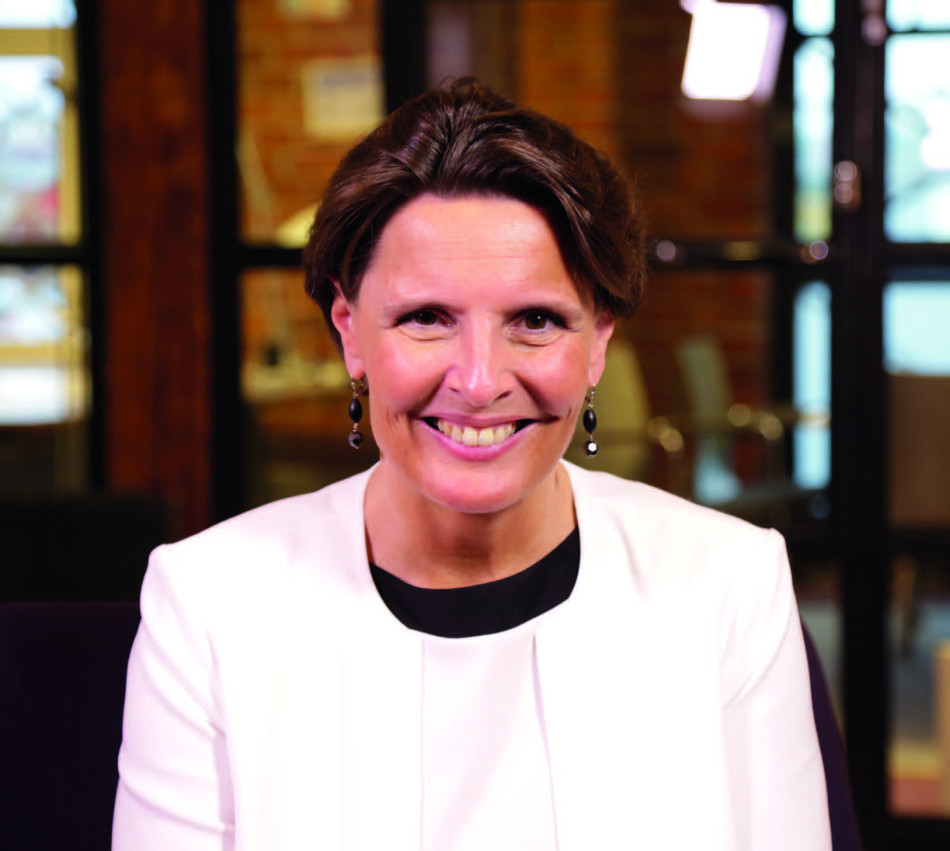Anne Berner: "Now we are creating a real life of Mobility as a Service"

Q You’ve been in your role for a year now what is your assessment of the transport situation in Finland?
A I was surprised by the transport sector. It consists of a lot of entrepreneurs, mostly small and medium-sized companies. But it’s also very strongly regulated, it’s authority-driven and you have very different regulations for different modes. In a certain way you could say that the sector as a whole hasn’t really developed that much. It’s a little bit conservative, if I may say so.
That’s one side. On the other side, Finland is very much mobile and we are highly digital what we are looking at now is how we can change. How can we combine what we know from telecommunications, from mobile competencies, and how can we put that together with transport and create policies for networks, services and for data management?
Now we are creating a real life of Mobility as a Service.
Q You spoke at the launch of the Mobility as a Service Alliance at the ITS (Intelligent Transport Systems) Congress in Bordeaux last year. What does the term Mobility as a Service mean to you?
A I see it as completely different thinking in the transport field. I see it as creating services where the client is in the centre. Where we have less authority-driven services. I see it also as something that is very much connected to mobility and being mobile. I also see that in the future we will not think about how we get from one place to another but that we have choices to make based on different values.
So, we are going from place A to place B and we are looking at the time we spend, the money we spend and the footprint we leave. On that basis we can make different mobility decisions and we will have two new levels to what we used to know. Transport has previously been about infrastructure and physical service providers. Now we will have a data level and operators that will enable a completely different mobility for everyone. That’s Mobility as a Service.
Q You’re keen on integrating all those services. I know you have spoken about integrating rail networks across the Nordic region and also services within Finland. How quickly can that be brought about?
A We have made a big step in the sense that we are now putting out the transport code, putting the legislative environment together. That means in the future we will have one set of legislation for all transport modes. It will be technology neutral and we will have a very important part of it – the data. That means we are enforcing, through legislation, the opening up of services for all service providers and that will make it possible to create a ticketing system that is available for all sets of transport.
Q How do you feel about the vision of Helsinki being a car-free city within 10 years?
A I think we need neutrality for transport modes.I don’t see that the car should be in another genre. We will have the ability to share cars. We will have the ability to use the car in a different way. The car will also be more than a vehicle. It will be an environment that provides services. In a country like Finland, we will need cars, because of our geography and the way the country is inhabited.
Q If you had your wishlist come true, in five to ten years how would you like to be getting around Helsinki?
A I would love to see that we could have really connected cars, autonomous driving. Also vehicles that are really efficient in the way they affect climate change. I think we would really hope to see a huge development in both technology and the digital service environment. I think we could have a great environment, which is really picking up from door to door − not just single service use − and we will see a huge development from self service to a real service.

 Facebook
Facebook Twitter
Twitter